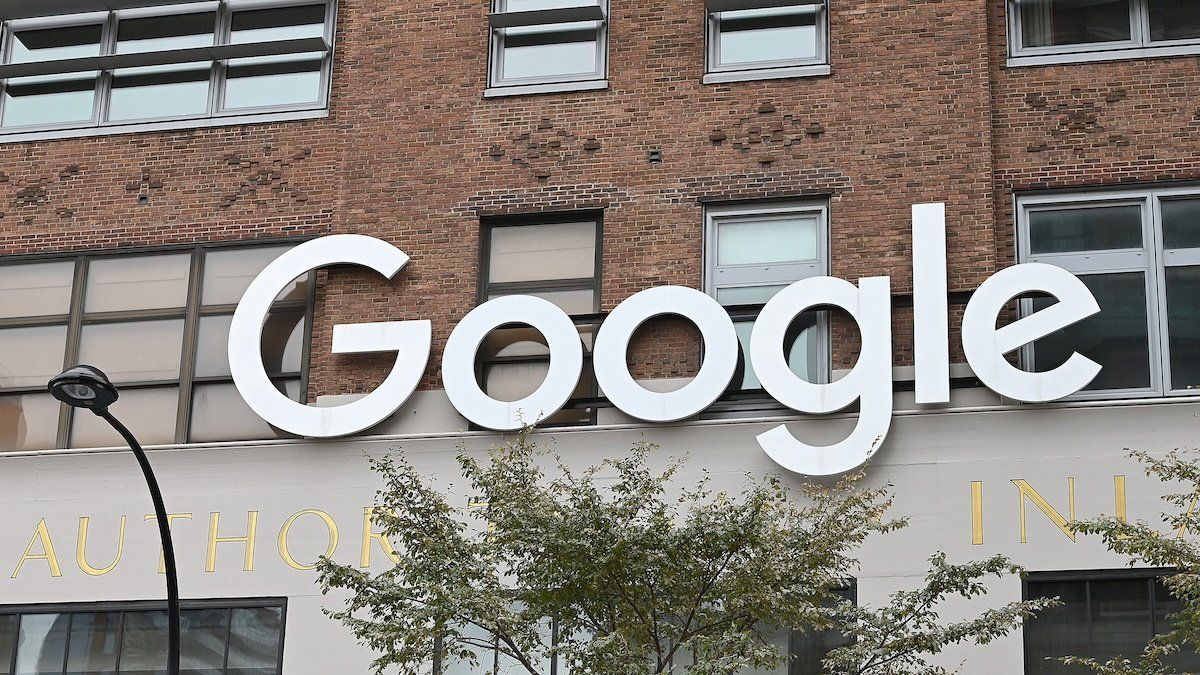A US judge has ruled that tech giant Google “is a monopolist” and “has acted as one to maintain its monopoly.” Judge Amit Mehta found that Google had violated the Sherman Act by monopolizing the market for internet search in the case brought to the courts by the federal Department of Justice.
The court found that Google had used its monopoly powers by way of striking deals to make its search the default on browsers, meaning users were far less likely to use alternative services. Google’s monopoly power allowed it to jack up the prices it charged its advertising clients.
The ruling did not include any remedies – that comes later – leaving the question of “So what?” open. Google, no surprise, plans to appeal, which means it’s going to be months – or more – before things are sorted. The case could even end up before the Supreme Court.
But Americans won’t be the only ones waiting to see what anti-competition laws and rulings make of Google’s future. A Canadian investigation into the company has been ongoing since 2020. In February, the Competition Bureau won a court order to gather more information into the company’s ad practices and subsequently expanded its investigation – but as the US ruling comes down, it’s anyone’s best guess when Canada might follow suit, and how.
